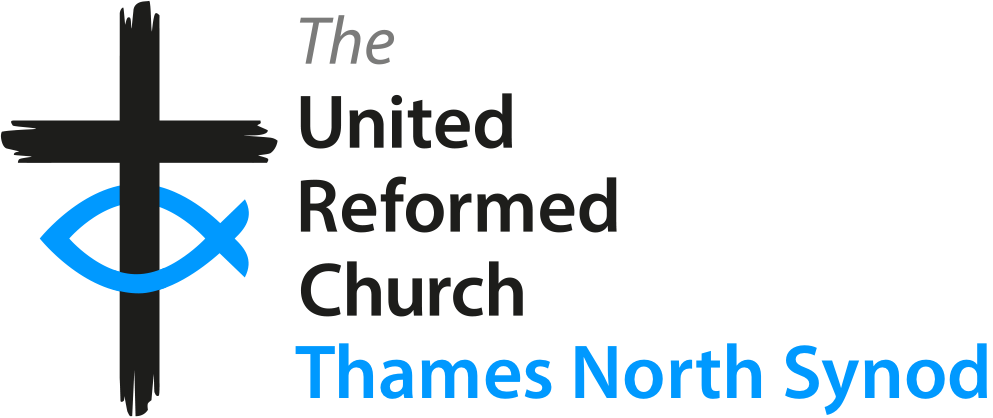Property
-
Guidance and procedures for the care, maintenance, and development of church property.
-
Information on applying for grants, loans, and the release of funds for building work.
-
Guidance on hiring out church halls, letting property, and the procedures for sales and leases.
-
Procedures for carrying out essential Annual and five-yearly Quinquennial Inspections.
-
Your legal duties regarding fire safety, asbestos, gas and electrical safety, accessibility, and more.
-
Guidance on the Regulatory Reform (Fire Safety) Order 2005, including the need for a Fire Risk Assessment.
-
Your duty to manage asbestos under the Control of Asbestos Regulations 2012, including surveys and management plans.
-
Your responsibilities as a landlord for gas safety checks in residential properties and five-yearly electrical testing.
-
Your duty to make 'reasonable adjustments' to ensure church buildings are accessible to people with disabilities.
-
CDM (Construction) Regulations
The legal requirements for managing health and safety during any construction or building project.
-
An overview of the various copyright and performance licences required for church activities.
-
-
Download essential forms, agreements, and guidance notes for property management.
-
Contact details for advice and support on all property matters.
-
Fire Safety
Guidance on the Regulatory Reform (Fire Safety) Order 2005, including the need for a Fire Risk Assessment.
Your Responsibility
The Regulatory Reform (Fire Safety) Order 2005 places the responsibility for fire safety on the ‘responsible person’. For a church, this is the body of trustees (usually the Elders). This duty moves the emphasis from simple fire certificates to a proactive approach of ongoing fire prevention and risk assessment.
You must ensure that general fire precautions are in place to protect all ‘relevant persons’, including employees, volunteers, visitors, and hirers. Special attention must be paid to those at particular risk, such as people with disabilities.
The Fire Risk Assessment
The core of your legal duty is to carry out and regularly review a Fire Risk Assessment. This process will help you identify the risks that can be removed or reduced and decide on the precautions needed to protect people from the risks that remain. If you employ five or more people, you must keep a written record of the significant findings of your assessment.
A thorough risk assessment involves five key steps:
- Identify Fire Hazards: Sources of ignition, sources of fuel, and sources of oxygen.
- Identify People at Risk: Who is in the building and where are they located?
- Evaluate, Remove, Reduce & Protect: Evaluate the risks and take steps to remove or reduce them. This includes ensuring adequate fire detection, warning systems, and escape routes.
- Record, Plan, Inform, Instruct & Train: Record your findings, create an emergency plan, and train relevant people on what to do.
- Review: Your risk assessment should be reviewed regularly (e.g., annually) and updated whenever there are significant changes to the building or its use.
It is strongly recommended that you engage a specialist independent Fire Risk Assessor to complete your initial assessment.
Practical Fire Safety Measures
- Ensure doors on escape routes can be easily opened without a key and open in the direction of escape.
- Keep boiler houses locked and clear of combustible storage.
- Ensure cooking equipment in kitchens does not obstruct exit routes.
- Test electrical systems and portable appliances regularly.
- Provide appropriate fire-fighting equipment (e.g., extinguishers) and ensure it is properly maintained.
- Display clear 'Fire Action' notices.
- Ensure all premises are smoke-free and display the required notices.
You can download the 'Fire Safety Reform Booklet' from our Property Resources & Forms page.
